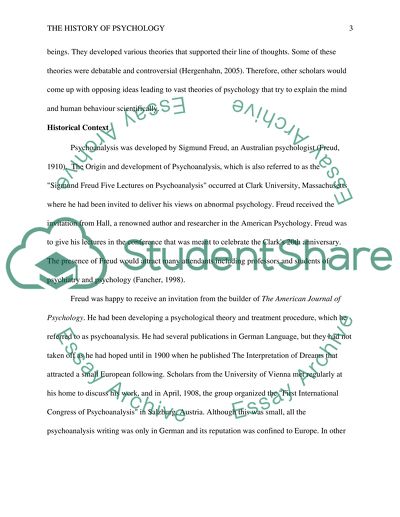Cite this document
(“History, Philosophy and Systems of Psychology Term Paper”, n.d.)
History, Philosophy and Systems of Psychology Term Paper. Retrieved from https://studentshare.org/psychology/1671209-history-philosophy-and-systems-of-psychology
History, Philosophy and Systems of Psychology Term Paper. Retrieved from https://studentshare.org/psychology/1671209-history-philosophy-and-systems-of-psychology
(History, Philosophy and Systems of Psychology Term Paper)
History, Philosophy and Systems of Psychology Term Paper. https://studentshare.org/psychology/1671209-history-philosophy-and-systems-of-psychology.
History, Philosophy and Systems of Psychology Term Paper. https://studentshare.org/psychology/1671209-history-philosophy-and-systems-of-psychology.
“History, Philosophy and Systems of Psychology Term Paper”, n.d. https://studentshare.org/psychology/1671209-history-philosophy-and-systems-of-psychology.


